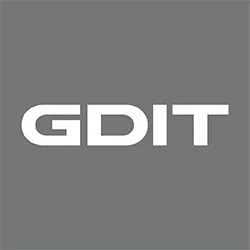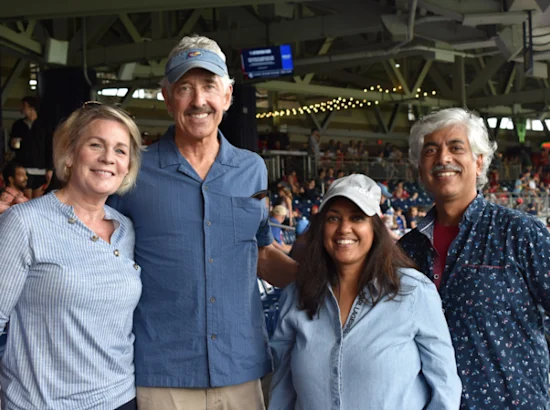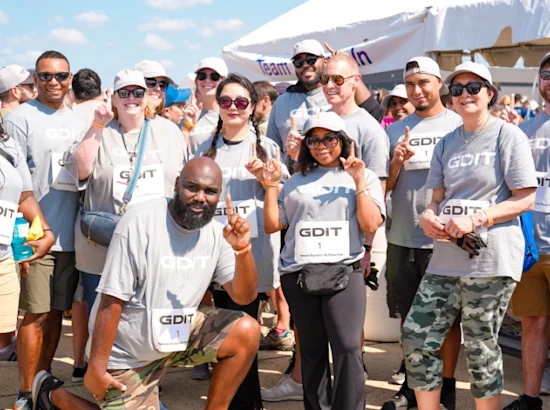Aisha Sikder, Software Developer Senior Advisor at GDIT, was one of the first cohort members in the Navy Marine Corp Critical Talent Cohort (NMC CTC or CTC) program. Part leadership development program, part personal growth opportunity, the NMC CTC has helped Aisha step out of her day-to-day technical role to discover a path to where a career at GDIT can take her.
From tech lead to future leader
Nominated by her program leadership, Aisha joined the NMC CTC program earlier this year. The program was created to identify and promote top talent within the U.S. Navy and U.S. Marine Corp GDIT teams and Aisha easily fit the criteria.
Aisha is the technical lead for a data science team that is helping the U.S. Navy transform the way it identifies and mitigates risk among its various squadrons. She joined GDIT a year ago and her impact on the customer mission has already shown her potential as a future leader in the organization. The CTC program is giving her the skills she needs to advance in her career outside of her technical expertise.
“The CTC program helps with understanding the business side of contracts, the overall mission, and even the financial side of things,” shared Aisha. “And it also helps us see the bigger picture instead of just being focused on the daily tasks.”
Learning across all levels
What Aisha appreciates most about the program is the collaboration with current managers and access to senior level leadership. The CTC program includes everyone from early-in-career professionals to experts in their fields, giving the cohort the opportunity to learn from each other in addition to structured development opportunities.
“The CTC has a number of managers and those in senior positions,” said Aisha. “In the breakout sessions, they talk a lot about different issues that arise and how they would address this or what they could do to be a better leader. And I get to be the fly on the wall. I’m not a manager now, but I can at least think like a leader.”
Part of the program includes interacting with senior leaders, like the CTO of GDIT’s Defense Division. Aisha participated in a breakout session with the CTO and after he learned about her work, he connected her with the Data Science and Machine Learning Communities of Interest so she could continue to build a wider network at GDIT.
Reflecting on that experience, Aisha said, “I thought that was really cool because it’s not happened before. And I think that shows GDIT’s culture. I’ve noticed upper management is always looking out for their people, and they want them to excel. And I love that.”
Getting out of her comfort zone
Michael White, co-creator of the program, also serves as a champion for the CTC participants. He meets one-on-one with each cohort member to learn their interests and career goals. As one of the program leaders, he also looks for opportunities to get cohort members involved with things outside their comfort zones.
After receiving an email from Michael, Aisha raised her hand to work on a business development opportunity—something she’d never done before. “I was helping figure out contracts that have a contract sell out potential. I’m still not an expert in it by any means, but it helped me look at things from a high-level standpoint when it comes to the mission, when it comes to projects and the contracts.”
The CTC program is developing current and future leaders to give them the skills and confidence to create an even greater impact on their customer missions, as well as for GDIT as a whole. Seeing the bigger picture is one of Aisha’s biggest takeaways and she’s bringing that viewpoint back to her customer.
“Through the CTC, I was able to view the mission from more of a strategic level as opposed to the tactical level, where I would ordinarily just focus on the day-to-day tasks. I’m now able to get a better sense of what the bigger picture is and how much effort it takes to get where we’re at,” Aisha said. “Taking you out of your comfort zone is really helpful for professional growth and development.”






